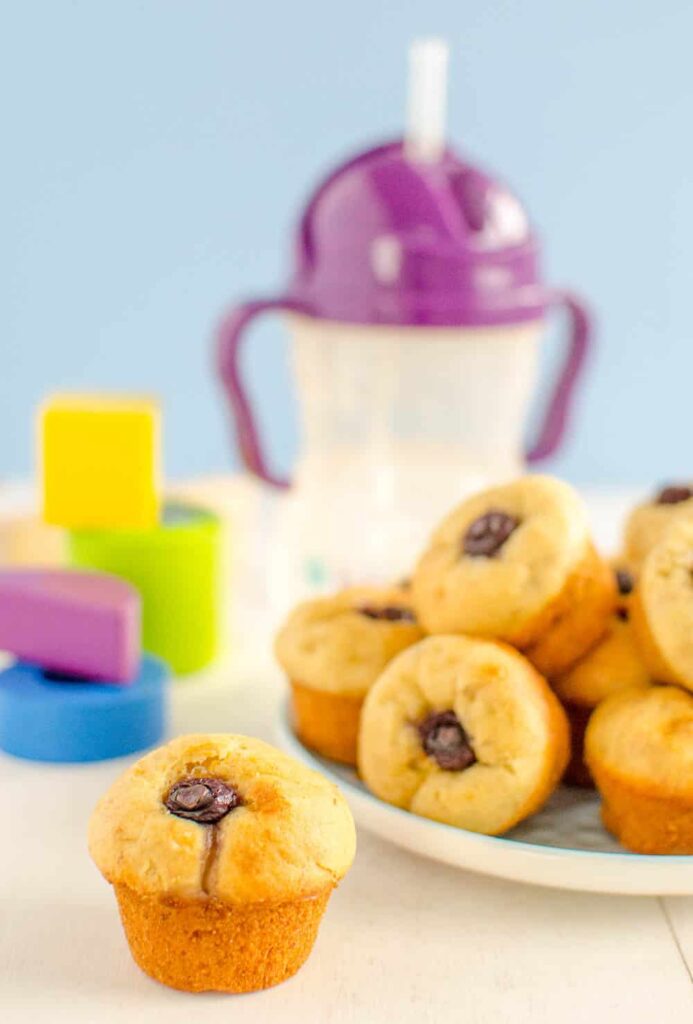Cooking together with your child is more than just preparing meals—it’s a transformative experience that nurtures growth, fosters development, and strengthens familial bonds. For parents of neurodiverse children, this shared journey in the kitchen offers a multitude of benefits that extend far beyond the culinary realm. From enhancing practical life skills to promoting healthy habits and boosting self-confidence, here’s how cooking can positively impact your child’s overall well-being and development.
Benefits Of Cooking Together
Develops Essential Life Skills
Cooking provides a hands-on platform for children to learn essential life skills that are crucial for their future independence and success. Following recipes teaches them to follow sequential steps, measure ingredients accurately, and understand kitchen safety—all while honing their organizational and problem-solving abilities. For neurodiverse children, who may thrive in structured environments, cooking offers a structured yet enjoyable way to learn and practice these important skills.
Improves Motor Skills and Coordination
The physical actions involved in cooking, such as stirring, kneading dough, and chopping vegetables, contribute significantly to the development of fine motor skills and hand-eye coordination. These activities help children refine their movements and dexterity in a practical and engaging manner. For neurodiverse children, who may benefit from activities that integrate sensory experiences with motor skills development, cooking provides an ideal setting to enhance these abilities.
Enhances Reading and Language Skills
Cooking provides a natural context for children to enhance their reading comprehension, vocabulary, and language expression. As they read recipes, interpret instructions, and communicate about ingredients and techniques, they practice and reinforce their literacy skills in a meaningful and enjoyable way. For neurodiverse children, who may learn best through visual and hands-on experiences, cooking offers a tangible way to improve language abilities and build confidence in communication.
Boosts Math and Numeracy Skills
Measuring ingredients, calculating proportions, and understanding cooking times involve fundamental mathematical concepts that children can apply in real-world scenarios. Cooking fosters a practical understanding of math, making abstract concepts more accessible and relevant. For neurodiverse children, who may benefit from concrete learning experiences, cooking provides an opportunity to engage with math in a hands-on and practical manner, building confidence and competence in numeracy.
Encourages Adventurous Eating and Healthy Habits
Engaging in cooking activities exposes children to a variety of ingredients and flavors, encouraging them to explore new foods and expand their culinary preferences. By involving them in meal preparation, parents can instill healthy eating habits and educate their children about nutrition. For neurodiverse children, who may have specific dietary needs or sensory sensitivities, cooking can be a positive and empowering way to introduce nutritious foods and promote balanced eating habits.
Improves Concentration and Focus
The structured nature of cooking requires children to pay attention to details, follow instructions, and manage multiple tasks simultaneously. Engaging in these activities helps improve concentration, focus, and attention span—all essential skills for academic success and daily life. For neurodiverse children, who may benefit from activities that promote routine and structure, cooking provides a stimulating environment to develop and strengthen these cognitive abilities.
Fosters Creativity and Self-Expression
Cooking encourages children to express their creativity through food choices, flavour combinations, and artistic presentations. From decorating cupcakes to designing themed meals, children can unleash their imagination and develop a sense of pride in their culinary creations. This creative outlet is particularly valuable for neurodiverse children, providing them with opportunities to explore their interests, express their preferences, and showcase their unique abilities in a supportive and nurturing environment.
Encourages Sharing and Builds Relationships
Cooking together fosters teamwork, collaboration, and social interaction as children work together with family members to achieve a common goal. They learn valuable social skills such as sharing responsibilities, taking turns, and communicating effectively, which are essential for building positive relationships and fostering a sense of community. For neurodiverse children, who may benefit from structured social interactions, cooking provides a natural and enjoyable setting to practice these skills and cultivate meaningful connections with others.
Recipes to Try Together
Cooking with your child is a journey filled with opportunities for growth, learning, and joy. Beyond the delicious meals and sweet treats you create together, each moment spent in the kitchen fosters invaluable skills, strengthens familial bonds, and builds lasting memories. Embrace these cooking experiences as meaningful opportunities to nurture your child’s development, celebrate their unique abilities, and create a foundation for a brighter future together. Start cooking and creating memories today!








0 Comments